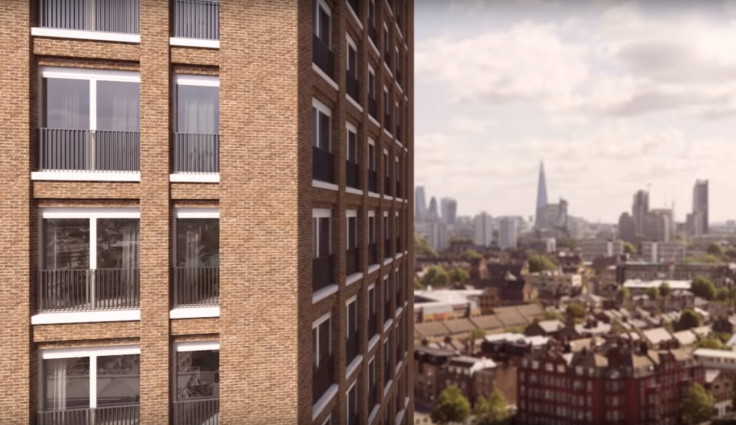Brexit: London property developer Mount Anvil remains 'absolutely committed' to £1bn pipeline
Mount Anvil shrugs off Brexit worries and says it will double size of its business developing London homes.

Mount Anvil, a central London property developer, said it is committed to delivering all of the more than £1bn ($1.29bn) of projects in its pipeline and plans to double the size of its business over the coming five years. The news comes despite Brexit, which has unleashed political and economic uncertainty on the country.
"We're long-term bullish about London," Darragh Hurley, investment director at Mount Anvil, told IBTimes UK. "We remain absolutely committed to the places where we've made promises to people to deliver homes. Trust is incredibly important for us.
"We're a privately held business and so our whole business is based on trust and repeat partnerships. And so we'll continue to work with our partners to do what we've said we will do. We're continuing to look for ways to grow Mount Anvil and we anticipate doubling or more the size of the business over the next five years."
In 2015, Mount Anvil recorded a profit of £25m ($32m), up annually by 25% on a turnover of £252.1m. The firm has seven housing developments in progress across London, including Dollar Bay by Canary Wharf and Queen's Wharf in Hammersmith, a pipeline of projects worth more than £1bn and set to deliver more than 1,000 new homes.
The construction sector in London faces a number of issues as it works to deliver the 50,000 new homes a year the city needs to meet demand. Currently, around half this number are constructed, fuelling rapid house price growth in many parts of the city. A shortage of land, materials and labour is driving up input costs for building firms and constraining output.
Part of Mount Anvil's strategy to tackle the construction skills shortage in particular is to develop young British workers. At its Keybridge development in Vauxhall are 100 young Londoners working for Mount Anvil and learning skills on the job.
But around 80% of its construction staff do not have a British passport. The construction sector relies in part on migrant labour to plug the skills gap and build more homes. Some politicians perceive the vote for Brexit as an indictment against the EU's policy of free movement of people, which they say must now end — even if it costs Britain access to the European single market. Theresa May, the favourite in the race to be leader of the Conservative party, wants to cut migration.
"From our perspective, power is a great moderator," said Hurley. "It's easy to make pronouncements when they don't have any consequences. And when you suddenly see potential consequences looming people traditionally tend to move towards the centre...
"There's a reason that these people come to our country to work on these building sites. It's not because they're trying to undercut local labour. It's because there's real demand there. Can we work harder to engage local people in this industry? Absolutely. But there needs to be a mix of both."
© Copyright IBTimes 2024. All rights reserved.























